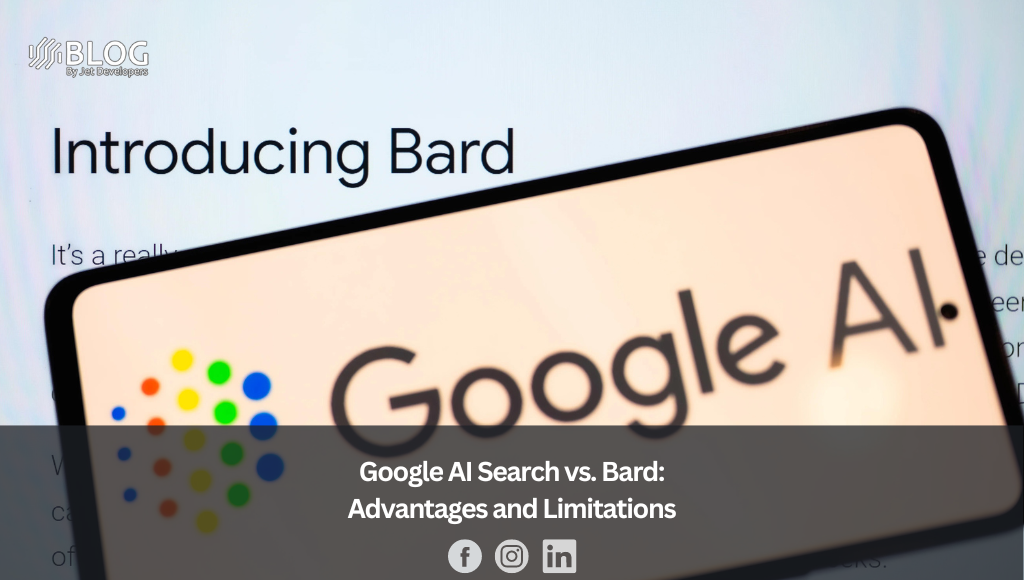Will artificial intelligence (AI) actually replace humans? The answer is yes, at least at a rudimentary level.
The long-standing argument against AI fully replacing humans has been that the technology doesn’t yet possess the emotional bandwidth and cognitive ability that humans have. But we are a daily witness to the growth of artificial intelligence in areas of art, medicine, and scientific research.
And now, in a startling statement that has sent shockwaves in the IT industry, CEO of International Business Machines Corp (IBM) Arvind Krishna said that the company is mulling over putting a stop to hiring humans for positions that could be replaced by artificial intelligence.
Move over, humans, AI is here to stay
In an interview with Bloomberg, he explained that recruitment for back-office functions and non-customer-facing roles, which account for 26,000 workers, will be suspended or slowed over the next couple of years. “I could easily see 30 percent of that getting replaced by AI and automation over a five-year period,” he added.
Back-office jobs usually involve providing support to the client-facing front office. Their day-to-day work may include activities that involve less abstract thinking, like administrative tasks, maintenance of records, and data management. While Krishna didn’t categorically mention the kind of jobs that may be replaced by AI, it’s safe to say that AI won’t be replacing an HR job and conducting performance reviews for the staff.
Krishna added that mundane tasks such as providing employment verification letters or moving employees between departments will become fully automated. IBM currently employs 260,000 people and even though it had announced job cuts of 5,000 workers, the company is still in the process of hiring for software development and customer-facing roles. Krishna said in the interview that even with the job cuts, IBM has added 7,000 people to its workforce in the first quarter.
This also comes amid a sharp market rejigs in the AI industry, spurred on by the announcement of ChatGPT by OpenAI last year. What was initially a whirlwind has turned into a full-blown storm of new AI technology making inroads into the market every day.
A recent report by investment bank Goldman Sachs said that AI could replace 300 million full-time jobs, but that it could also increase the global Gross Domestic Product (GDP) by seven percent.






